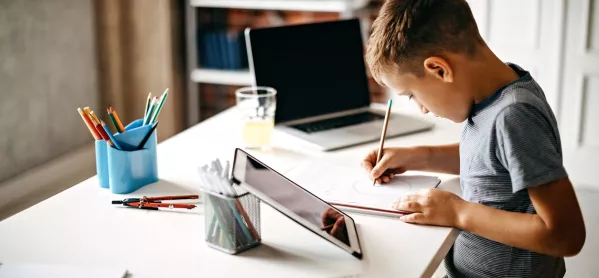Researchers are to probe the response of education systems around the world to the disruption caused by the Coronavirus crisis, using information gathered from schools.
The Responses to Educational Disruption Survey (REDS) will assess schools’ preparedness for distance learning and levels of available IT and educational resources.
It will also look at inequalities in educational learning, as well as students’ and teachers’ wellbeing.
Research: Boys fall further behind girls for reading in lockdown
Revealed: Autumn GCSE and A-level exam dates 2020
Exclusive: DfE fail means remote learning bill for poor
The study will focus on secondary education, looking mainly at Year 9.
Researchers hope the findings will help countries to strengthen the resilience of their education systems, especially at times of educational disruption.
One of the organisations developing the study is the International Association for the Evaluation of Educational Achievement (IEA), which also runs the Trends in International Mathematics and Science Study and the Progress in International Reading Literacy Study.
IEA will collaborate with Unesco, in partnership with the European Commission.
IEA Executive Director, Dr Dirk Hastedt said: “While education systems are generally slow to change and reforms can often take years, the Covid-19 pandemic has created a massive pressure to expand digital learning quickly. Insights yielded from REDS will offer countries an opportunity to rethink the overall purpose, role, content and delivery of education in the future.
“For this reason, the study also aims to identify sustainable, transformational concepts that emerged from the crisis and may serve as good practice when schools re-open.”
According to Unesco, more than 90 per cent of all learners were affected by school closures caused by coronavirus at the peak of the disruption.
Responses to the crisis were varied: some education systems have introduced homeschooling programs and remote learning, offering free online resources, while others are delivering paper-based assignments to students’ homes or using public TV and radio broadcasting channels.
The organisations have invited all interested countries to participate in REDS.
A Department for Education spokesperson told Tes the department will consider the proposal put forward by Unesco and make a decision [on whether to participate] in due course.




